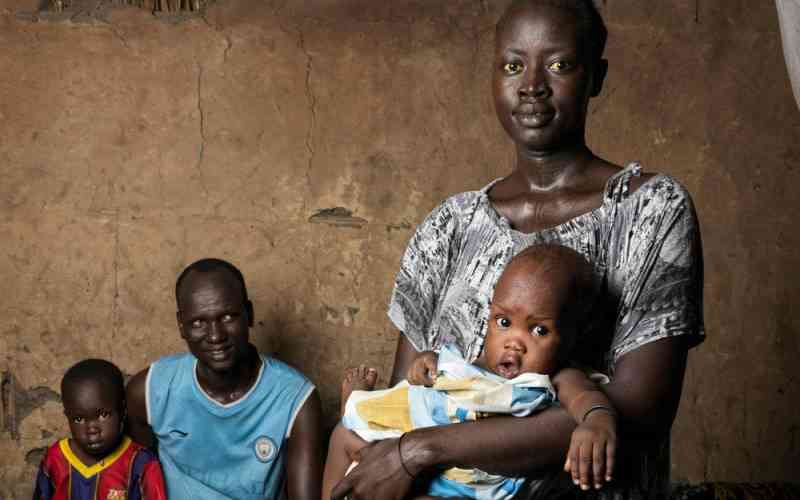
An outbreak of Hepatitis E, which is more fatal in pregnant women, has been reported in South Sudan. Hepatitis E is transmitted by ingesting the virus, either in contaminated water or food. Of interest is that outbreak of the virus occurs when there is conflict, like a war situation, which causes displacement of people and provides conducive environment for the spread of the virus as currently experienced in South Sudan.
The most infected with Hepatitis E are pregnant women, but experts have reassured Kenyans not to worry about the outbreak in South Sudan so long as there is proper sanitation and supply of clean drinking water.